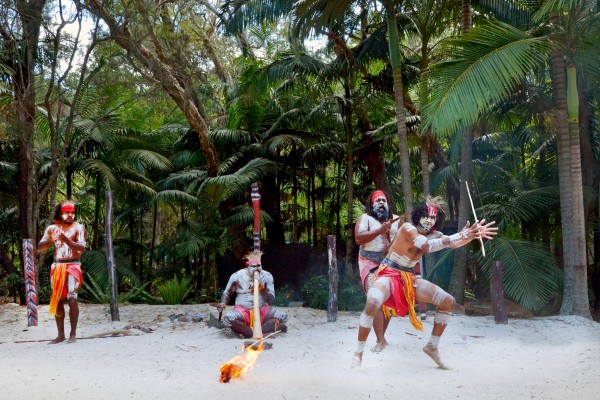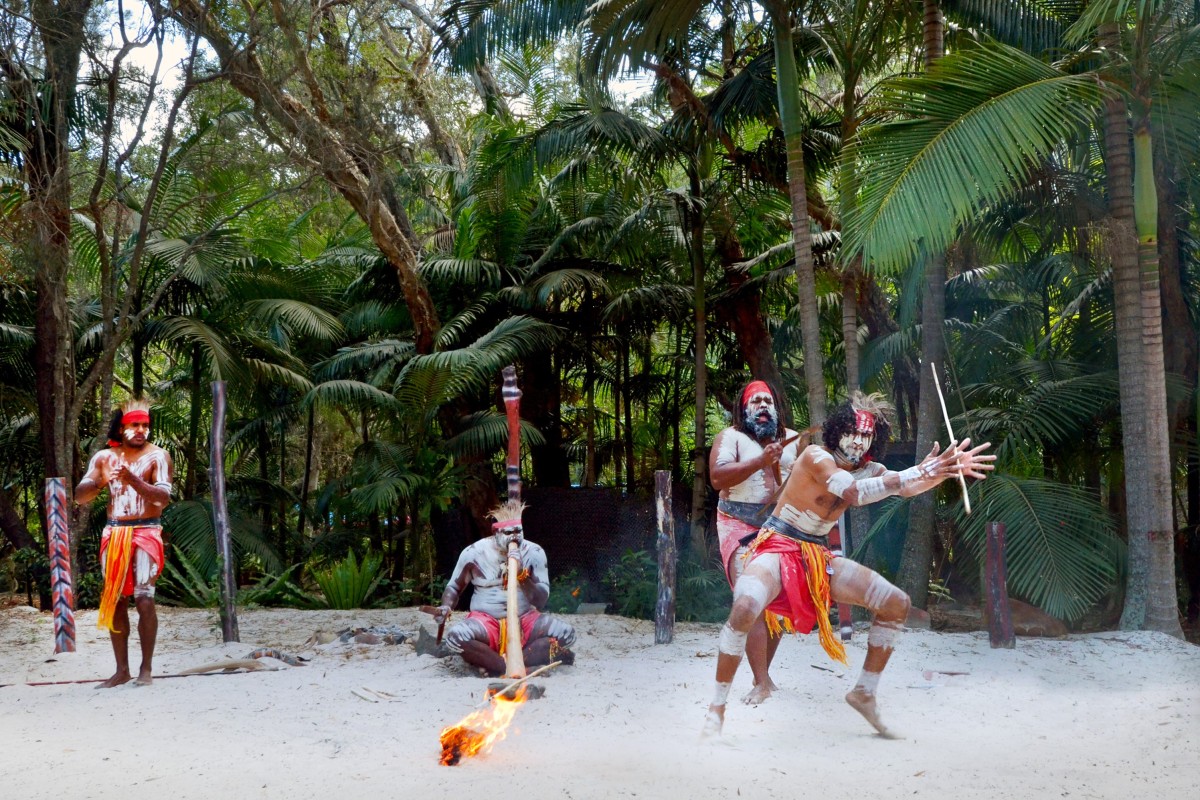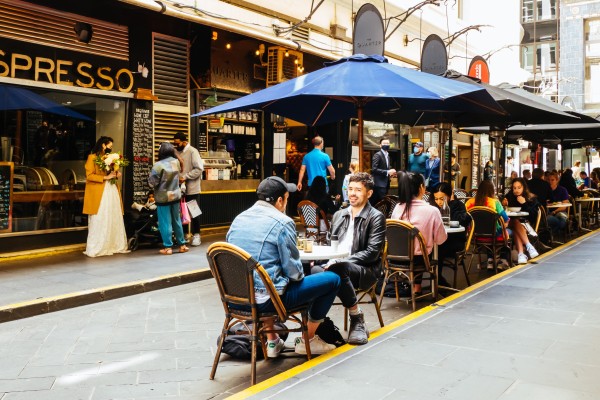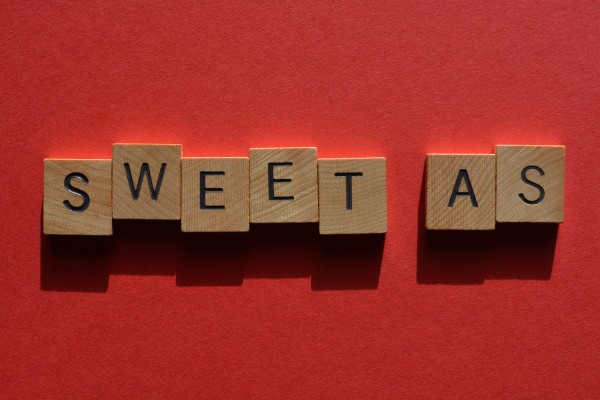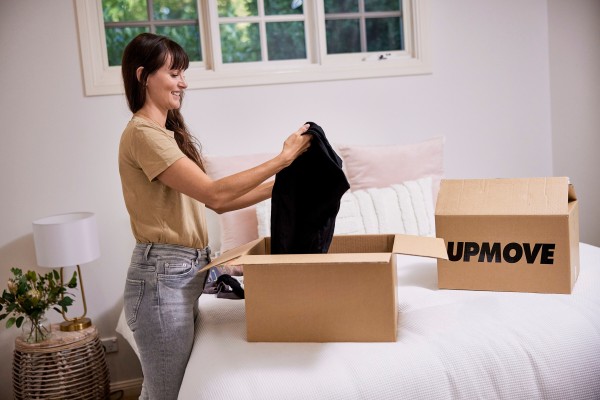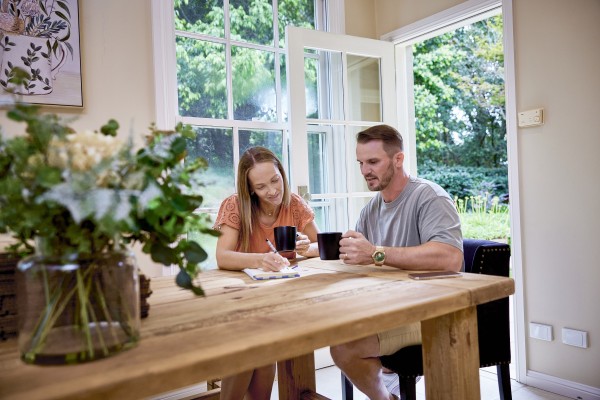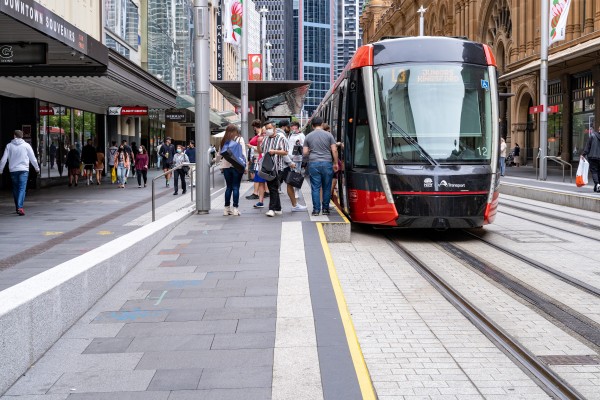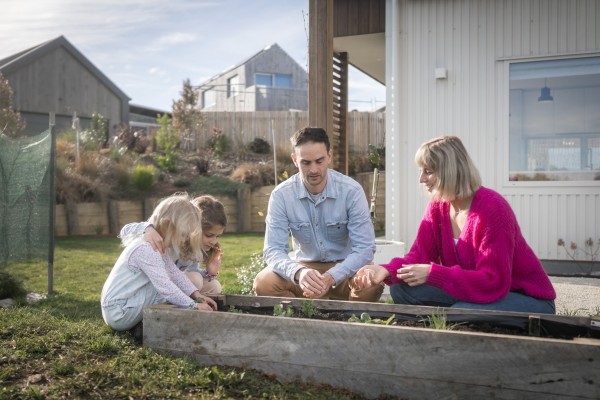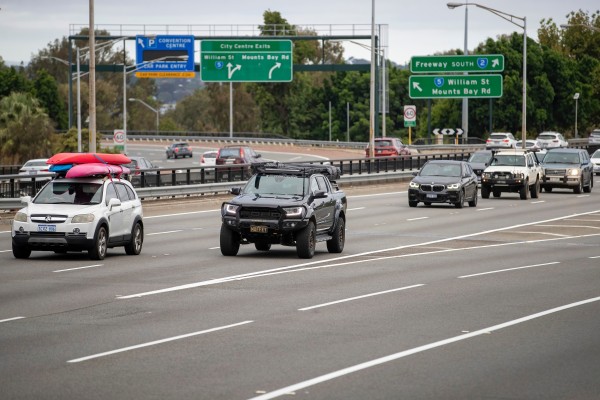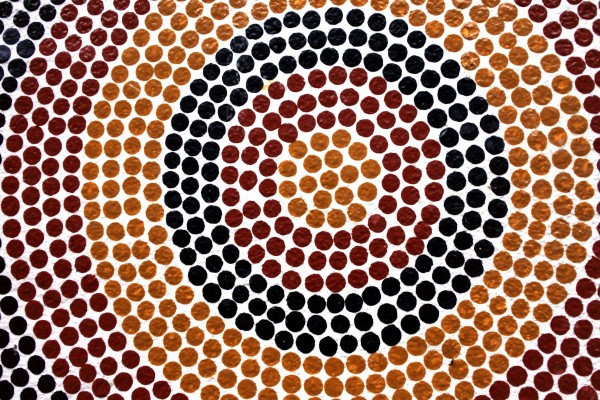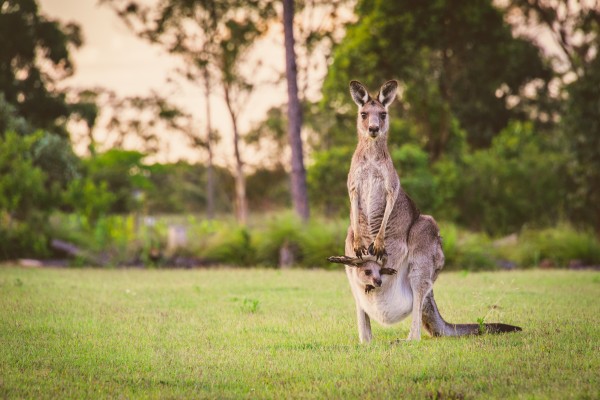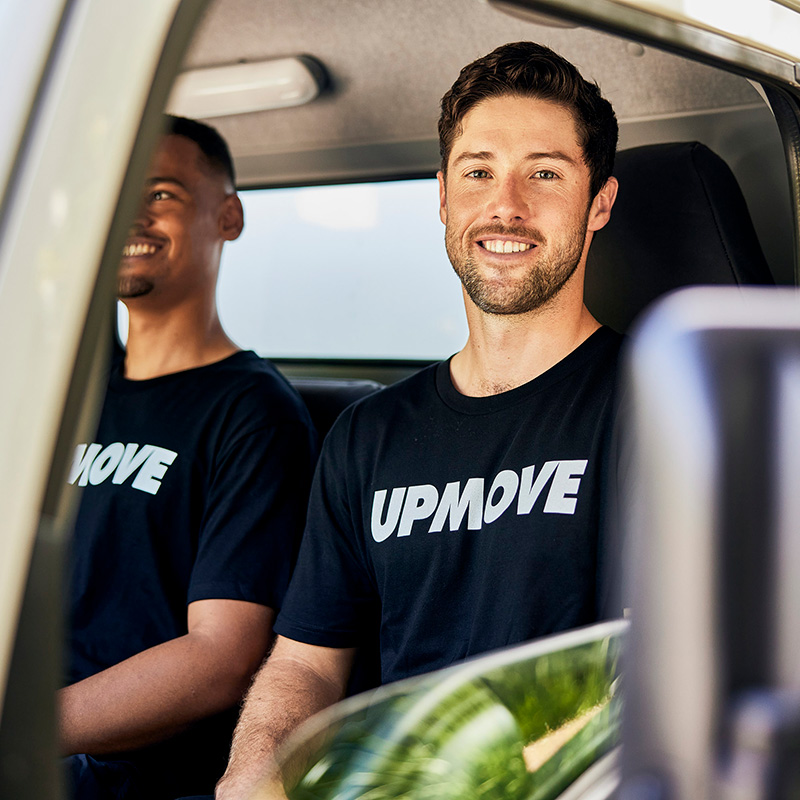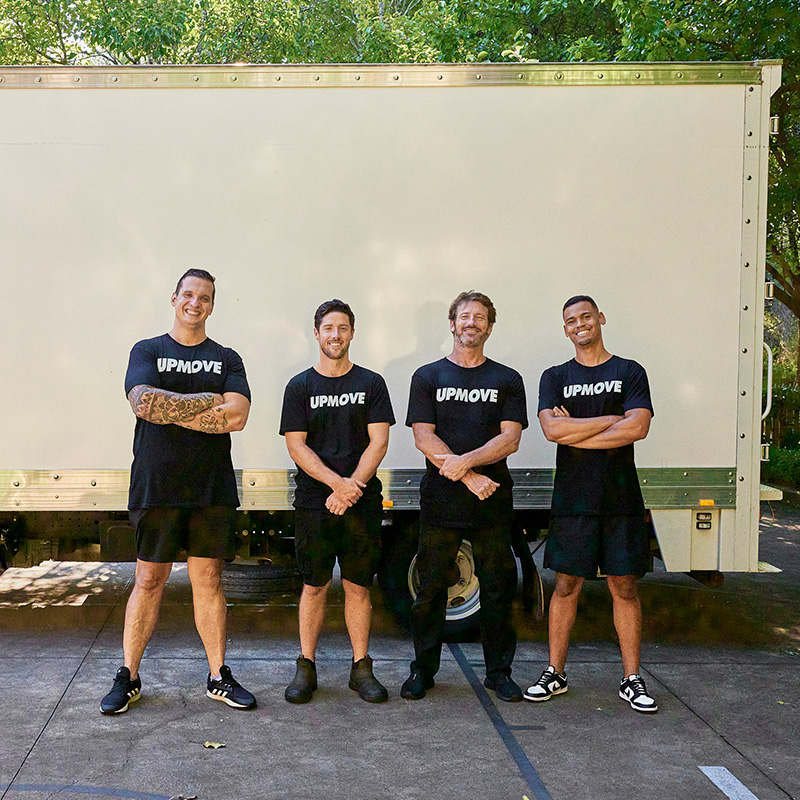A visitors guide to Australian etiquette

Planning a trip to Australia, or recently moved there? Whenever you head to a new country there are always new cultural norms and ways of doing things.
In true Aussie style, Australians tend to be pretty laid back around rules, regulations, etiquette and cultural expectations. However, there are some things that could create a negative first impression if you aren’t aware of them.
In this article, we’re covering everything you need to know around Australian etiquette including all the dos and don'ts.
Mateship
In order to understand Aussie etiquette you must first familiarise yourself with what Australians value and take pride in.
The theme of ‘mateship’ runs strong through almost every Australian belief. Mateship centres around loyalty, friendship, supporting one another and giving to others freely. This shows up most strongly in times of crisis or disaster and it’s commonplace for communities to drop all other priorities to help each other out.
Informal language
Try and speak to an Aussie using over complicated language or high brow conversation and notice how quickly they disengage. This is because Australians prefer to use informal, casual language often laced with jokes and slang.
As you adapt more into Aussie culture it would be considered normal to shorten words (g’day is the most famous example of this) and drop the formal language.
See our guide on Australian slang for the full run down.

Punctuality
While Australians are about as easy-going as people come, there is one thing they hold in high regard: punctuality. Australians value their personal and leisure time, so waiting for someone to show up to a meeting, or clock watching while someone is running late to an event is seen as rude and disrespectful.
Hot tip: plan to be a few minutes early so you’re never late.
Nicknames
Australians work on a first name or nickname basis with almost everyone they run into, and using a person's full name is considered quite formal.
For the most part, surnames are only used when adapted into a friendly nickname. This is a way of building connections and breaking the ice so, if you’re new to Australia it won't take long before the locals give you at least one alternate name.
Here are some common Aussie nicknames:
|
Formal name |
Aussie nickname |
|
Mr Smith |
Smithy |
|
Damien |
Damo |
|
John |
Jono |
|
Steve |
Stevo |
|
Someone with red coloured hair |
Bluey |
Fair-go
Another thing Australians pride themselves on is their ability to give everyone a ‘fair go’. This is a value that promotes fairness and equality no matter what status or social background someone may have.
Therefore, in most situations, it is cultural etiquette to offer people the benefit of the doubt.
Tipping in Australia
Tipping is not commonplace in Australia. Unlike the US, Australians working in the service and hospitality sector tend to make a fair wage so tipping is unnecessary. However, a 10% tip is always appreciated.
Important dates
Australia has a number of public holidays and days dedicated to its culture, history and diversity. The key ones to be aware of are:
Australia Day (26th January): A national holiday designed to celebrate Australia’s diversity and unique culture. On Australia Day it is common for friends and family to get together over a BBQ and enjoy a few ‘cold ones’ (beers).
However, this is also a sensitive day for some indigenous Australians as it marks the day the first fleet arrived in Australia. It’s important to show deep respect for culture and community on this day.
ANZAC Day (25th April): Honouring the Australian and New Zealand Army Corps who fought in World War 1. This is a national public holiday and it is customary to attend a dawn service on this day to honour fallen soldiers.
Avoid sensitive topics
As easy-going people, Aussies tend to avoid divisive or sensitive topics in general conversation. In an effort to maintain positive relationships, religion, politics and personal issues are generally left out of every day chit-chat.
Aussie sports
Australians have a deep sense of pride when it comes to sports of all different kinds. The most popular sports include NRL, AFL, cricket, tennis and soccer. If there’s one sure way to spark up friendly conversation with an Aussie it’s through current sporting events.
Learn all about Australian sports in our ultimate guide.
Indigenous heritage
Australia has a rich indigenous history and understanding and respect for traditional landowners is an important part of Aussie etiquette. Indigenous heritage and traditional landowners are acknowledged at every public event, and learning about the customs and connection to land is deeply encouraged.
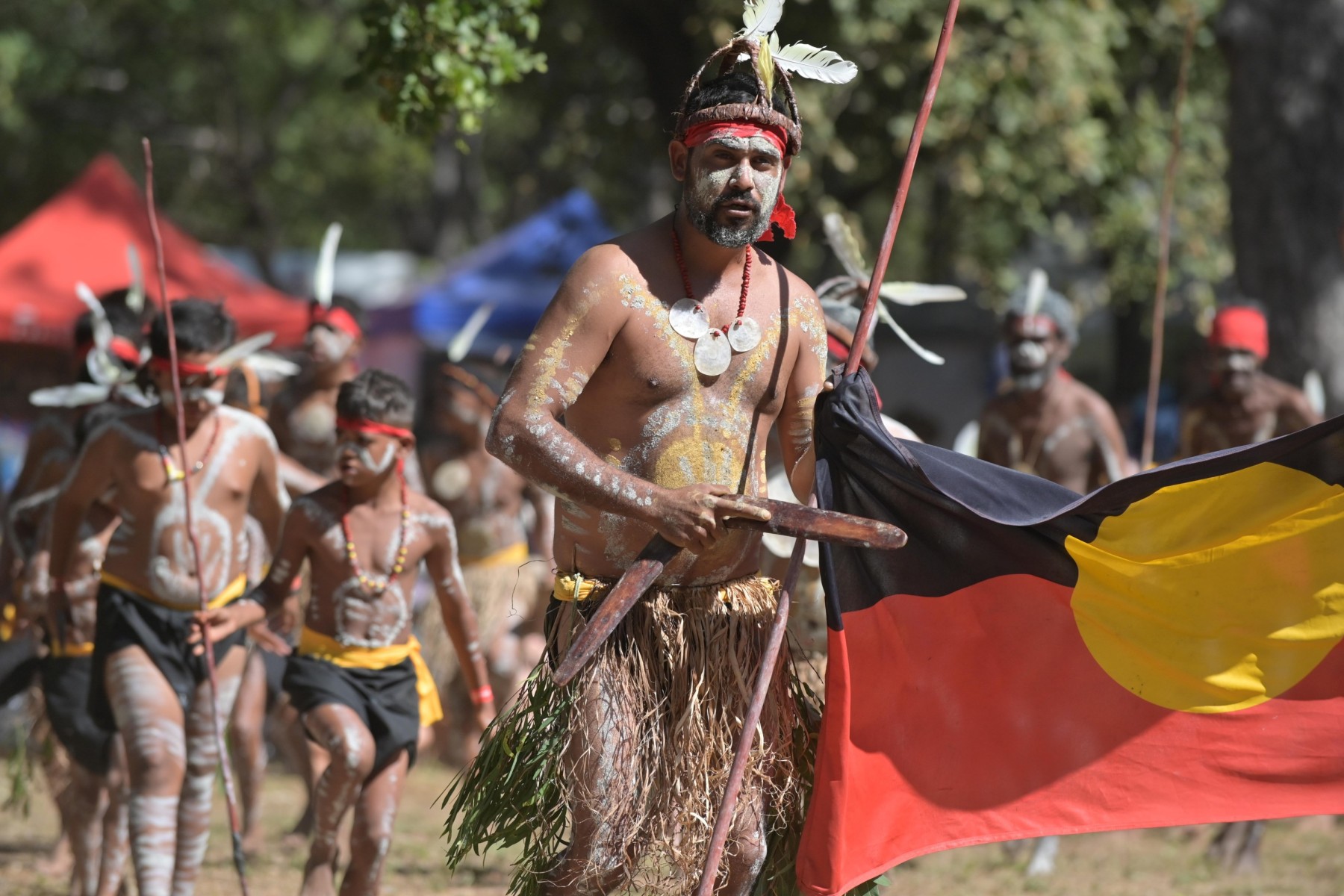
Attending parties
If you’re invited to an Aussie BBQ or party it’s usually expected that you bring your own drinks with you. In addition to this, an offer to ‘bring a plate’ (bring a dish for everyone to share) will be greatly appreciated by the hosts and other party guests.
Personal space
Australia is one of the biggest countries in the world (the planet's sixth largest country) and has a relatively small population. Perhaps this is why personal space is so important when it comes to etiquette.
Standing too close to someone, brushing up against them (unless absolutely necessary) or inappropriately ‘invading’ someone’s space is considered highly rude.
For this reason, if there are a lot of spare seats at an event, don’t choose to sit right next to someone else and in everyday situations where you can give people a wide berth, do so.
Footwear
It’s fairly commonplace for Australians to wear casual footwear such as thongs (flip flops) as everyday wear. In some beach communities it’s also commonplace for no shoes to be worn at all. So, don’t be surprised if you see your neighbour picking up groceries, or putting fuel in the car in bare feet.
Greetings
A firm handshake with eye contact is the common and polite way to introduce yourself in Australia with a verbal ‘G’day mate’ or ‘How you goin’ mate’.
Note: Anyone can be referred to as mate - even from first meeting.
Getting the hang of the Aussie way
As mentioned, Aussies are pretty easy-going people. If you don’t get the etiquette right at first, you can expect a little bit of banter at your expense, but other than that, they’re likely to be understanding.
And, with an instant community of ‘mates’ to help you figure things out, you’ll be acting like a local in no time at all.
Heading to Australia?
Make your move simple and stress-free by booking with Upmove. You’ll get access to Australia’s most trusted, professional and reliable removalists with the best possible prices.

What do our customers say?



